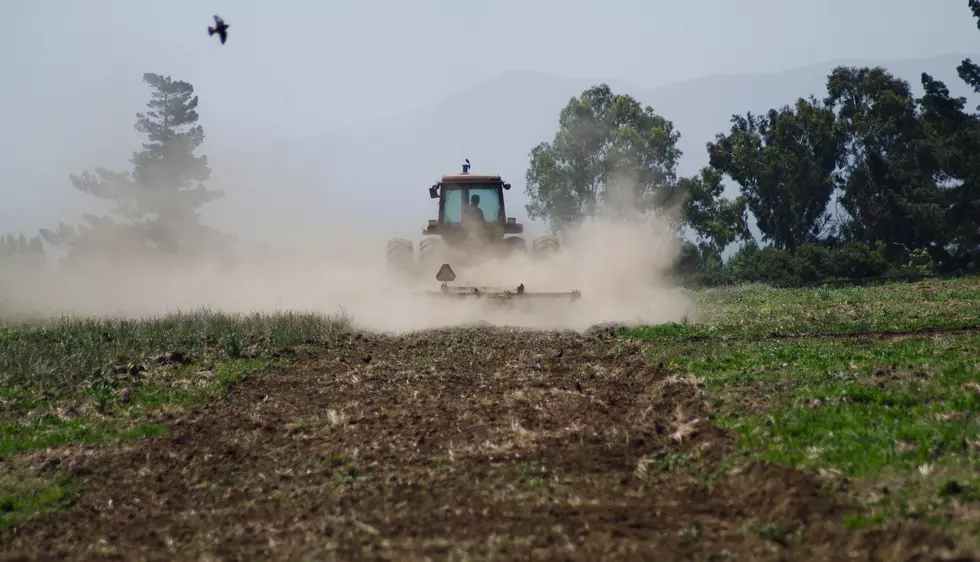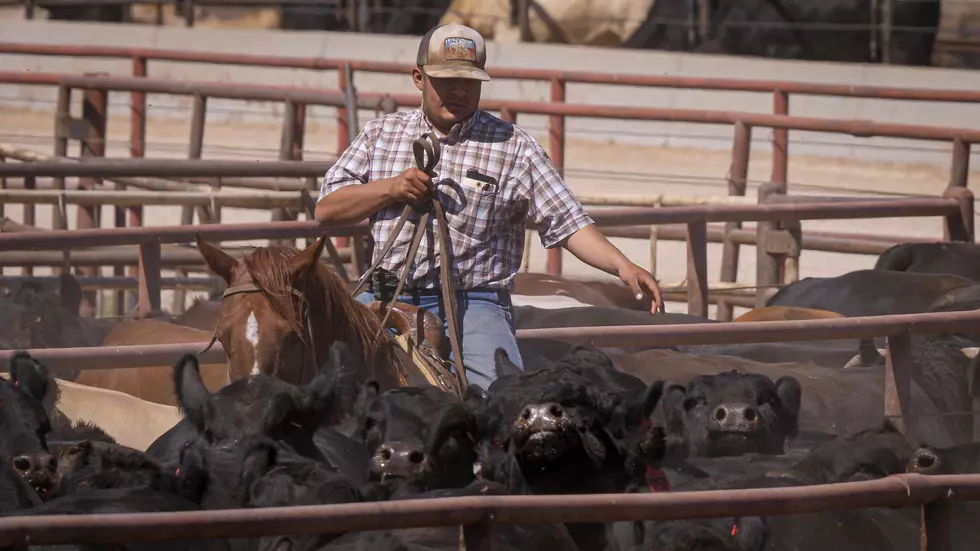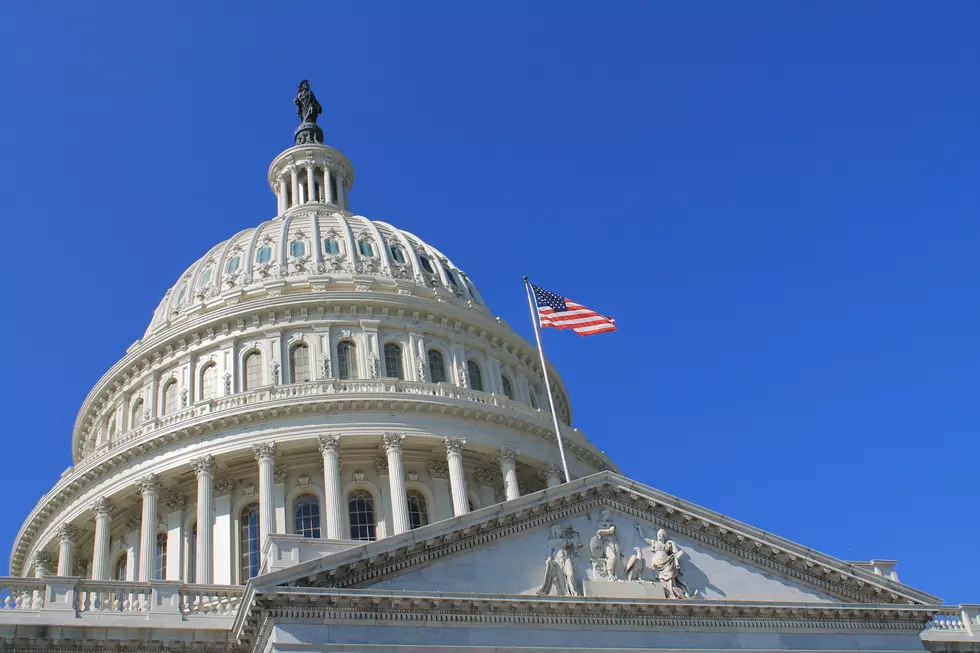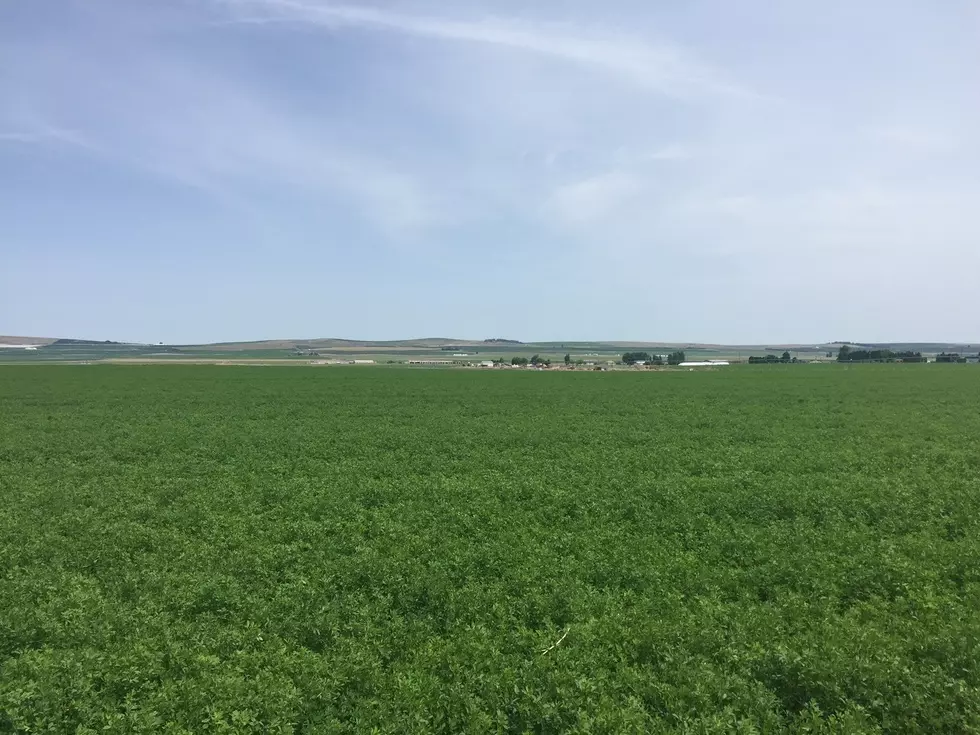
Farm Bill Clears House, Now Heads To President Trump
By a 369 to 47 vote, the House approved the 2018 Farm Bill, sending the legislation to President Trump for his signature. House approval came a day after the Senate overwhelmingly passed the bipartisan measure, months after the expiration of the 2014 Farm Bill; and after years of a farm crisis that’s driven many producers out of business. President Trump has already said he plans to sign the $867 billion Farm Bill.
“This bill maintains programs critical for Central Illinois farmers, strengthen agricultural research and improves protection for organic products," said Illinois Republican Rodney Davis. "First and foremost, the bill ensures crop insurance remains a vital risk management tool for farmers."
Davis voted for the bill but called it a “missed opportunity” to get millions of food stamp families into job training. Top Senate Ag Democrat Debbie Stabenow declared victory in holding back those tougher House GOP SNAP work and training requirements, while making community food programs permanent.
“We said no to harmful changes that would take away food from families, and instead increase program integrity, and job training.”
Ag Sonny Perdue reportedly plans to issue a post-farm bill rule to crack down on work-requirement waivers—a bid to assuage House conservatives.
The final version strengthens and expands crop insurance, keeps and expands EQIP and CSP, and increases CRP acreage from 23-million acres to 27-million. ARC and PLC are improved, producers are given greater selection flexibility, and PLC reference prices are allowed to float upwards based on 85% of a five-year Olympic average, if there’s a rebound in market prices. The AGI or adjusted gross income eligibility limit for farm payments remains at $900,000, but there’s no limit on the number of farm managers eligible for payments.
Also included in the 2018 Farm Bill, new Dairy Margin Coverage program crafted to help smaller dairies. A new Foot-and-Mouth Disease vaccine bank is authorized. And Industrial hemp, key for Senate GOP Leader Mitch McConnell and his home state Kentucky, can now be covered by crop insurance contracts but not Title 1 subsidies.
If you have a story idea for the Washington Ag Network, call (509) 547-1618, or e-mail gvaagen@cherrycreekradio.com
More From PNW Ag Network









